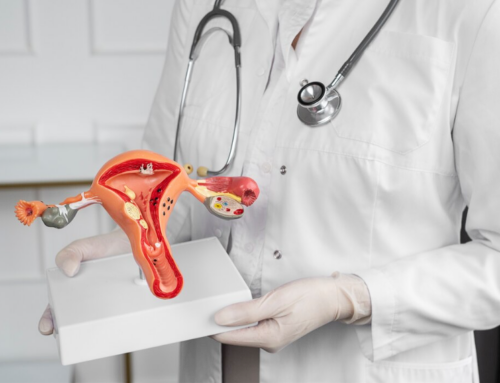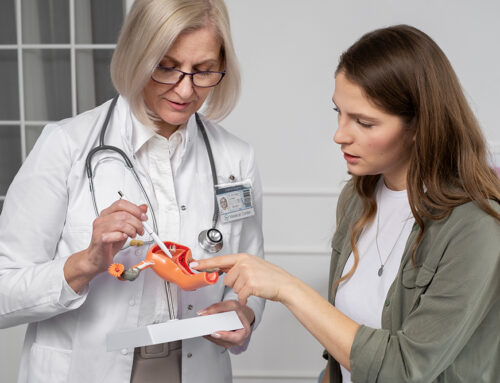How Surgery Can Offer Hope
Endometriosis is a chronic condition that affects millions of women worldwide and is a leading cause of infertility. This condition occurs when tissue similar to the lining of the uterus (endometrium) grows outside the uterine cavity, causing pain, irregular bleeding, and potentially leading to infertility. The complexity of endometriosis and its impact on fertility can be overwhelming for many, but understanding the condition and the available treatments, including surgical options, can offer hope to those affected.
Infertility…

The Connection Between Endometriosis and Infertility
Endometriosis can lead to infertility in several ways. The condition can cause the formation of adhesions (scar tissue) that can distort the normal anatomy of the pelvis, including the fallopian tubes and ovaries, impeding the regular process of ovulation and fertilization. Endometrial growths can also create an inflammatory environment that negatively affects the quality of eggs, sperm, or embryos, further complicating the chances of conception.
Statistics show that up to 50% of women with infertility have endometriosis, highlighting the significant impact this condition has on fertility. Despite this daunting statistic, advances in medical science offer effective treatments that can help women with endometriosis conceive.
Statistics show that up to 50% of women with infertility have endometriosis, highlighting the significant impact this condition has on fertility. Despite this daunting statistic, advances in medical science offer effective treatments that can help women with endometriosis conceive.
Surgical Treatments for Endometriosis-Related Infertility
Surgical Treatments for Endometriosis-Related Infertility
Surgery can play a crucial role in managing endometriosis and improving fertility outcomes. The primary surgical options include:



Considering Surgery for Endometriosis-Related Infertility
Considering Surgery for Endometriosis-Related Infertility
Deciding to undergo surgery for endometriosis-related infertility is a significant decision that should be made in consultation with a healthcare provider specializing in reproductive health. Factors to consider include the severity of endometriosis, the presence of other infertility factors, age, and the desire for pregnancy. It’s essential to weigh the benefits of surgery, such as improved fertility and pain relief, against the risks and recovery time.

Conclusion
Conclusion
Endometriosis is a challenging condition that can severely impact a woman’s fertility and quality of life. However, with proper diagnosis and treatment, including surgical interventions, many women with endometriosis can achieve their dream of becoming pregnant. If you suspect you have endometriosis or have been struggling with infertility, it’s crucial to seek the advice of a fertility specialist or a gynecologist experienced in treating endometriosis. With the right support and treatment, there is hope for overcoming the challenges posed by endometriosis.
Creating awareness and understanding about endometriosis and its impact on fertility is the first step toward empowering affected individuals to seek the help they need. Remember, you’re not alone in this journey, and help is available to guide you toward achieving your reproductive goals.










Leave A Comment